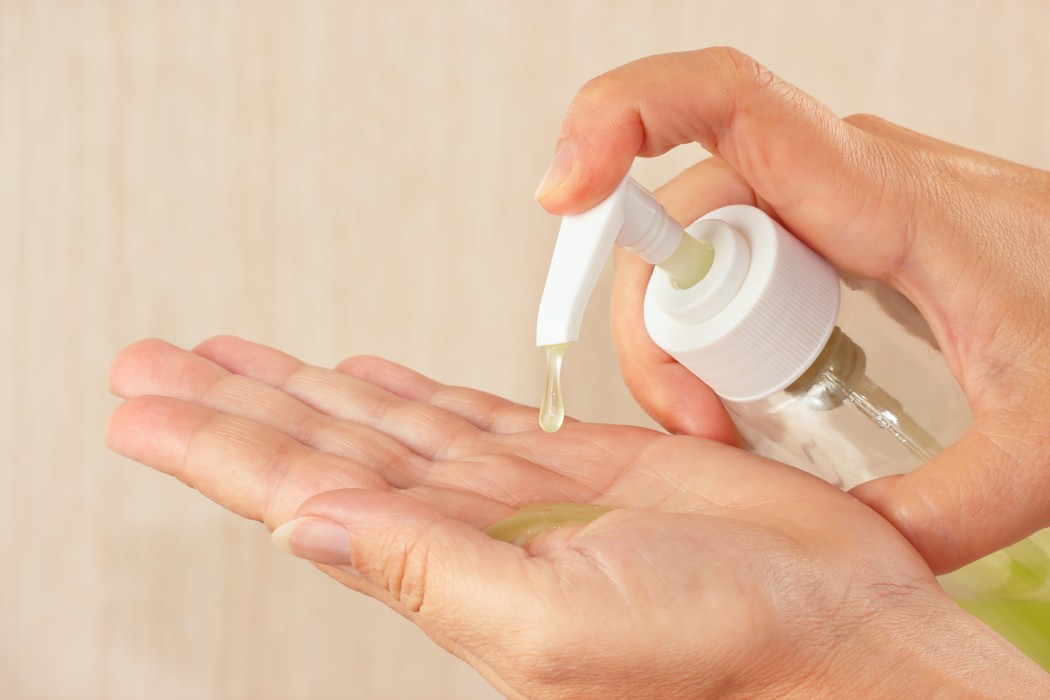When hitting the drugstore, one purchase staple usually includes at least one bottle of over-the-counter antibacterial soap or body wash, right? Well, the U.S. Food and Drug Administration just announced that the active ingredients in these products, like triclosan and triclocarban, can no longer be marketed. According to cbc, the FDA states that exposure to high doses of triclosan is associated with a decrease in the levels of some thyroid hormones—these findings came from short-term animal studies. Moreover, some studies have linked triclosan to bacteria resistance to antibiotics. The article quotes Janet Woodcock, director of the FDA’s Center for Drug Evaluation and Research: “Consumers may think antibacterial washes are more effective at preventing the spread of germs, but we have no scientific evidence that they are any better than plain soap and water.” Other studies suggest that long-term use of these ingredients may alter hormonal balance.
This new call to action has some companies already removing these ingredients, but note that this rule known as the FDA’s final rule on safety and effectiveness of soaps has nothing to do with hand sanitizers and wipes. Hand washing is still said to be the best way to prevent the transmission of bacteria, but the FDA is encouraging consumers to ditch the foam, liquid, and gel hand soap versions for plain ole soap. Don’t forget to scrub for at least 20 seconds! (Try singing ‘Happy Birthday’).
Also on RNR:

























